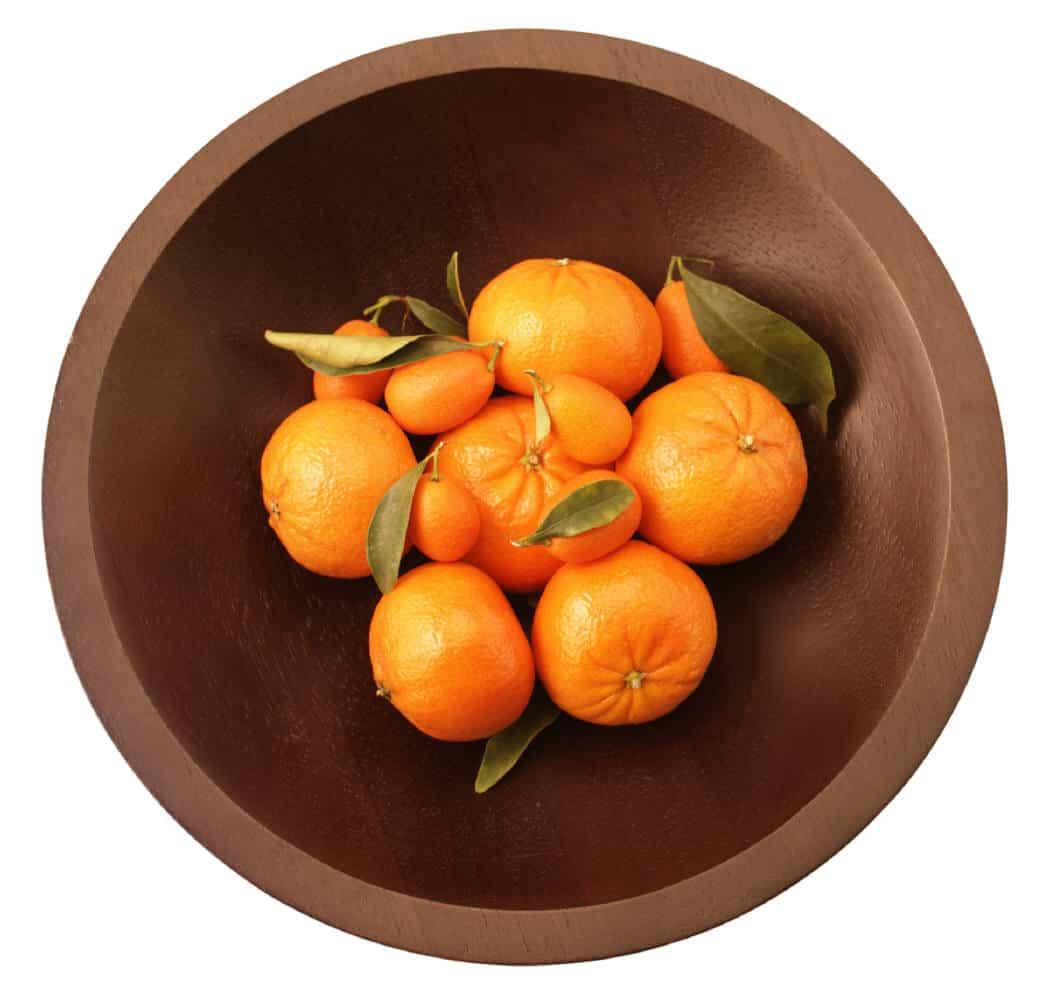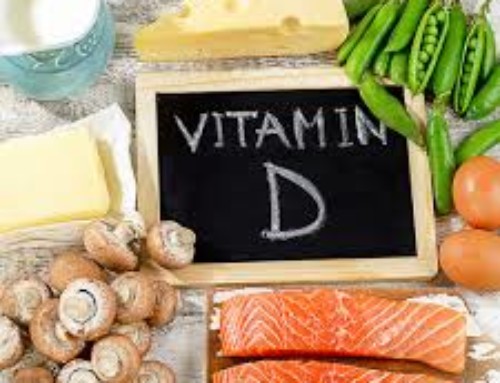With cold and flu season upon us, it is more important than ever to keep your immune system strong.
Because there are no known cures for colds and flu, the best defense is a good offense. In addition to staying hydrated, exercising, reducing stress, and getting plenty of sleep, incorporating the following nutrients into your diet will help ward off colds and flu and leave you feeling more energized.
Remember, it is always best to obtain your vitamins and minerals from whole foods. While supplements have their place, they can’t replicate all of the benefits of whole foods. Foods in their natural state contain valuable combinations of essential nutrients such as vitamins, minerals, fiber, micronutrients, and phytochemicals.
Super Nutrients to Strengthen Immunity:
- Vitamin C is an extremely important antioxidant for immune support. It promotes healthy T-cell function. T-cells are a type of white blood cells that protect the body from infection. In addition, vitamin C decreases the length of time and severity of symptoms associated with upper respiratory viral infections and aids in the healing of inflammation. Smart vitamin C food choices include berries, citrus fruits, papaya, kiwifruit, red bell pepper, cauliflower, and green vegetables.
- B Vitamins promote the production and release of antibodies from B-cells and improve T-cell function. In addition, they help the body cope with stress. Smart B vitamin food choices include whole grains, potatoes, bananas, lentils, tempeh, beans, turkey, tuna, nutritional yeast, brewer’s yeast, and molasses.
- Protein is essential for immune function, as all immune system cells require protein for their continued production. Smart protein food choices include turkey, tuna, chicken, wild salmon, eggs, lentils, beans, tofu, yogurt, nuts, seeds, collard greens, and cauliflower.
- Vitamin A is an immune enhancer that helps to fight free radicals. It is also important for the proper maturation of immune system cells. A deficiency has been shown to impair antibody function and T-cell activity. Smart vitamin A food choices include green and yellow vegetables and fruits such as apricots, asparagus, cantaloupe, carrots, pumpkin, sweet potatoes, and yellow squash.
- Vitamin E is a powerful antioxidant needed for antibody production. It is also an important component of all cell membranes and promotes overall healthy cellular functioning. Smart vitamin E food choices include dark leafy vegetables, sweet potatoes, dulse, kelp, legumes, nuts, seeds, eggs, and whole grains.
- Zinc is very important for the immune system as it increases the production and potency of white blood cells. It also works to increase antibody production and killer cells that fight cancer. Zinc is especially helpful to the elderly, who are often deficient in zinc, by increasing the number of T-cells that fight infections. Smart zinc food choices include brewer’s yeast, dulse, egg yolks, fish, kelp, poultry, pumpkin seeds, sunflower seeds, seafood, and whole grains.
- CoQ10 works as an antioxidant to neutralize and prevent damage from free radicals, thereby enhancing the immune system. Smart CoQ10 food choices include mackerel, salmon, sardines, beef, peanuts, and spinach.
- Omega-3 fatty acids help to decrease inflammation and are necessary for a healthy immune system. Diets low in omega-3 fatty acids are associated with chronic inflammatory conditions and autoimmune diseases. Good sources of omega-3 fatty acids include wild salmon, sardines, flaxseeds, and walnuts.
It’s also important to avoid foods that stress the immune system such as processed foods, packaged foods, refined white flour and sugar, additives, preservatives, fast food, soda, trans-fats, and overconsumption of saturated fats from animal products.
If you follow these simple steps, and maintain a positive outlook, you are well on your way to a healthier winter season!
Until next time, make every bite count!








Leave A Comment
You must be logged in to post a comment.